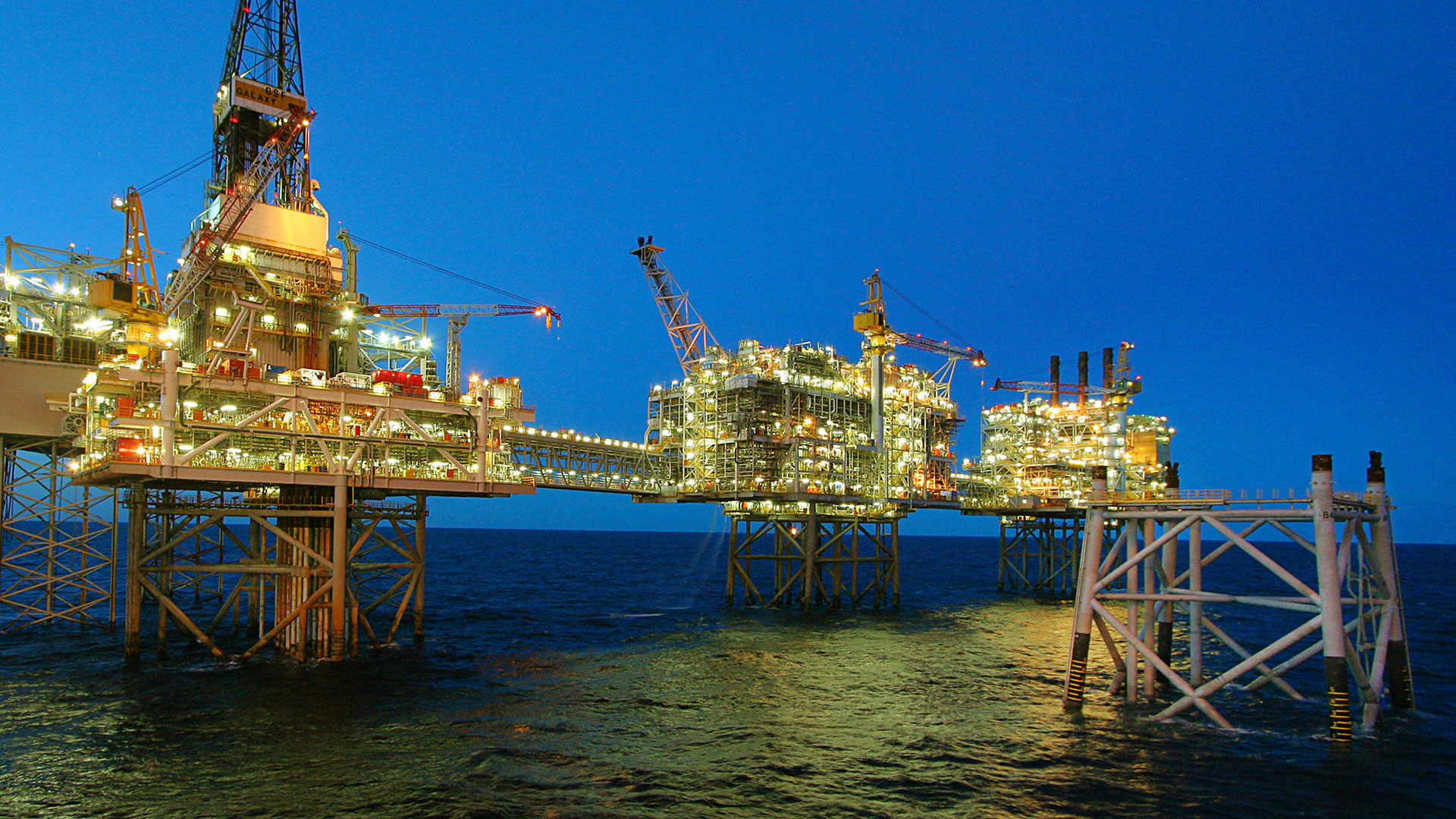
12 Jun Offshore Accidents, Risks & What To Do
RECOVERING FOR AN OFFSHORE INJURY
As a state located on the coast with many residents employed in the energy industry, Louisiana has its share of offshore accidents. Because these jobs often involve difficult working conditions and are subject to complex rules that have developed over many years of experience with ships and other maritime employment, a maritime injury lawyer is critical to obtain fair compensation for what is often a devastating injury.
Whether they work on an oil rig or a cruise ship, offshore workers face different risks from those employed on shore, and the rules for securing compensation for an injury are different from those applicable to injuries occurring on land. Maritime occupations often involve dangerous work with heavy machinery, risk of falling objects, and risks of fires and explosions. Work areas are often unstable due to sea conditions, making slips and falls some of the more common accidents. Additionally, requirements of heavy lifting often lead to strained backs and other spinal and muscle injuries. Most companies try to protect their employees from obvious risks, but accidents occur in spite of all precautions.
When an accident occurs, the most important thing is to quickly seek medical attention and report the incident. It is also critical to gather and retain as much information regarding the injury and circumstances as possible. This will be helpful later in obtaining fair compensation. Any account of the injury could be useful in a following case. It is best to decline to sign any document relating to the injury or how it occurred until you have consulted with legal counsel.
Regarding offshore accidents, certain lawyers and law firms specialize in obtaining compensation for injured offshore workers under the Jones Act and the U.S. Longshore and Harbor Workers Compensation Act, the two bodies of law under which compensation is usually paid. Under the Jones Act, the worker must prove a level of negligence on the part of the employer or that the vessel on which the worker was injured was “unseaworthy.” The U.S. Longshore and Harbor Workers Compensation Act works more like state workers compensation law, in that it provides compensation without the need to prove employer negligence. However, under both laws, an employee may be eligible for payment even if the worker’s negligence contributed to the injury. The exact law regarding an employee’s eligibility for compensation ultimately depends on many things, including the location of the vessel on which the injury occurred and the nature of the injury.
If you or a loved one have been injured in an offshore accident, contact Baggett McCall at 337-478-8888 for lawyers well-experienced in recovering compensation for maritime injuries.


No Comments